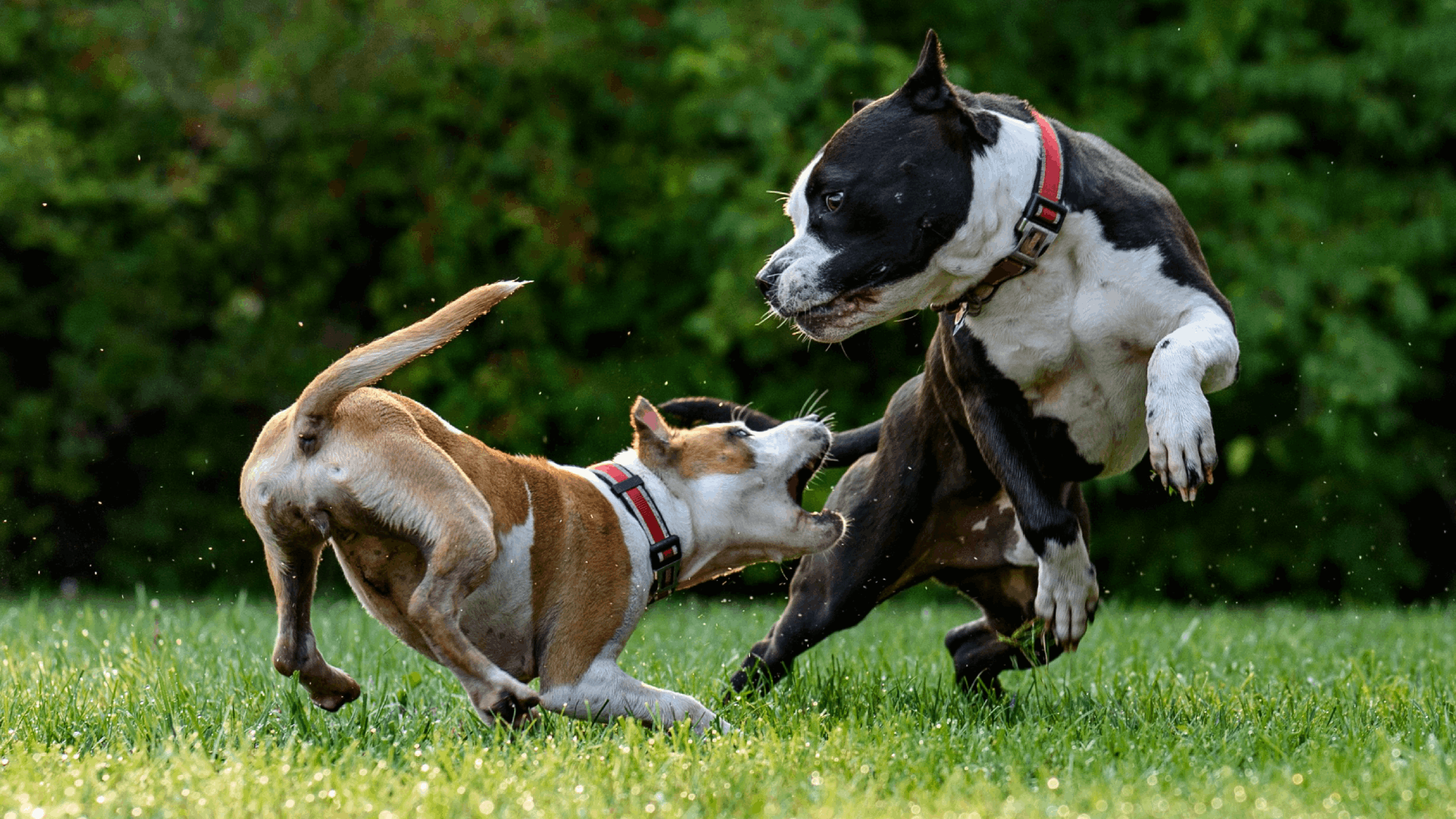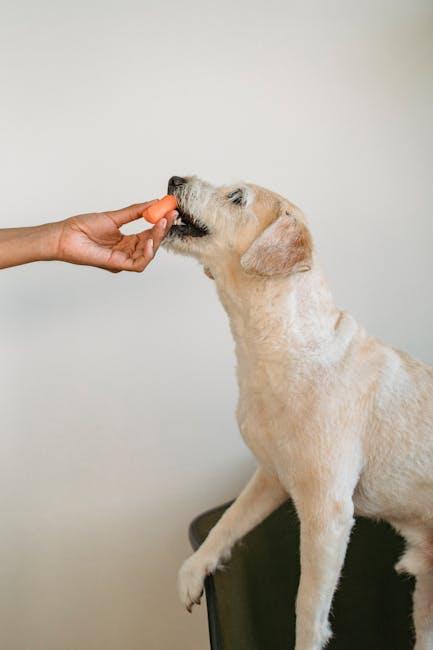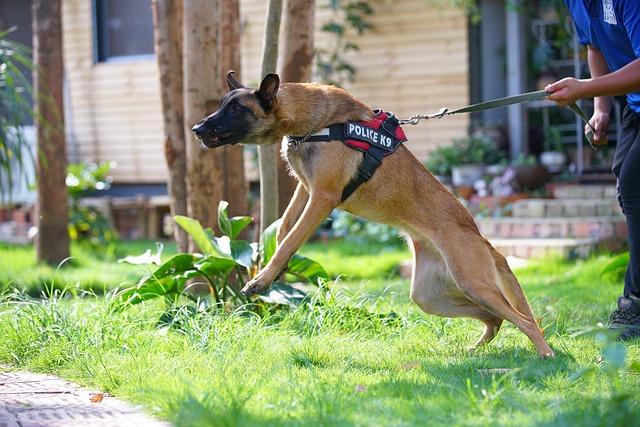
In the picturesque landscapes of Wisconsin, where pleasant tails wag and playful barks fill the air, the companionship of a dog can transform a house into a home. However, beneath the surface of this loving bond lies a subject that every dog owner must confront: the potential for dog bites and the complexities of liability that accompany these incidents. Whether its a playful nip during a game of fetch or a defensive reaction too an unexpected visitor, understanding the legal ramifications of dog bites is crucial for every pet owner.This article delves into the intricacies of dog bite liability in Wisconsin, offering essential insights and guidance for responsible owners. From defining the state’s leash laws to exploring the specifics of liability insurance, we will navigate the often murky waters of legal responsibility, empowering dog owners with the knowledge they need to protect themselves and their furry companions. Join us as we uncover the vital information every dog owner in Wisconsin should know to ensure a harmonious and safe coexistence with their beloved pets.
Understanding Wisconsin’s Dog Bite Laws and Owner Responsibilities
Wisconsin holds dog owners responsible for the actions of their pets, particularly in cases of bites or attacks. Under the state’s “strict liability” statute, dog owners can be held legally accountable if their dog injures another person, regardless of the dog’s previous behavior or the owner’s knowledge of it. This means that if a dog bites someone, the owner is typically liable for damages unless they can prove certain defenses, such as that the victim was trespassing or provoking the dog. The law encourages pet owners to take proactive measures to prevent their dogs from causing harm. Some essential responsibilities of dog owners include:
- Leashing and Containing: Keeping dogs on leashes in public spaces and ensuring secure fencing in private yards.
- Socialization and Training: Training dogs to prevent aggressive behaviors and socializing them with other animals and people.
- Regular Veterinary Care: Keeping vaccinations up to date, especially rabies shots, to protect both the dog and the community.
In cases of dog bites,the injured party typically has the right to seek compensation for medical expenses,pain,and suffering. Owners may face not only financial consequences but also potential legal actions that can stem from the incident. Understanding the implications of these laws helps to promote responsible pet ownership and community safety. Furthermore, damage awards can vary significantly based on several factors, including:
| Factor | Impact on Damages |
|---|---|
| Severity of Injuries | Higher injuries = Greater compensation |
| Medical Expenses | Increased costs lead to higher claims |
| Emotional Distress | Considered in overall damage calculations |
The Importance of Insurance: Protecting Yourself Against Liability Claims
For dog owners, understanding the significance of having insurance extends beyond merely covering potential damages; it is about securing peace of mind. Liability claims resulting from dog bites can lead to substantial financial repercussions, shouldering owners with medical costs, legal fees, and possible settlements. When a dog bite incident occurs, having robust insurance can protect not just your finances but also your family’s well-being. Furthermore, many homeowner’s insurance policies already include liability coverage for dog-related incidents, making it essential to review your current policy and confirm the extent of your protection.
Moreover, certain breeds may pose greater liability risks, and insurance companies often take this into account when underwriting policies. Owners of breeds perceived as dangerous could face higher premiums or even exclusions in coverage, which is crucial to consider to avoid unexpected financial strain. Here’s a brief overview of how dog breed classifications can affect your insurance:
| Dog Breed Category | Insurance Impact |
|---|---|
| Low-Risk Breeds | Typically lower premiums, inclusive coverage. |
| Medium-Risk Breeds | Moderate premiums, possible restrictions. |
| High-Risk Breeds | Higher premiums, potential exclusions. |
Understanding the landscape of liability claims related to dog ownership can prepare you for potential challenges and highlight the necessity of complete coverage. Accidents can happen in the blink of an eye, and being equipped with proper insurance ensures that you can navigate these situations effectively, protecting yourself and your loved ones from unforeseen liabilities.

Preventative Measures: How Dog Owners Can Reduce Bite Risks
To curb the risk of dog bites, proactive measures can make a notable difference in the safety of both dogs and people. Socialization is crucial; exposing dogs to various environments, people, and other animals from a young age helps them develop a balanced temperament. In addition, basic obedience training ensures that dogs respond to commands, allowing for better control in potentially stressful situations.Consider investing time in the following practices:
- Regular Training Sessions: Invest in professional training or attend group classes to reinforce positive behavior.
- Controlled Interaction: Supervise all interactions between your dog and strangers, especially children.
- Health Check-ups: Schedule regular veterinary visits to ensure your dog is healthy and not in pain, which can provoke aggressive behavior.
Each of these steps contributes to a safer community by reducing the likelihood of incidents.Another effective approach is to promote responsible ownership within your neighborhood. Educate fellow dog owners about the importance of leash laws and containment strategies. You could even initiate local meetings or workshops to discuss dog behavior and safety. The impact of community engagement can be summarized in the table below:
| Action | Benefit |
|---|---|
| Organizing Neighborhood Walks | Encourages socialization and control among pet owners. |
| Providing Educational Resources | Informs owners about safe dog handling and behavior signs. |
| Implementing Community Leash Laws | Reduces stray incidents and fosters accountability. |

What to Do After a Dog Bite Incident: Steps for Owners and Victims
In the unfortunate event of a dog bite, it’s crucial for both the victim and the owner to react promptly and appropriately. Victims should first seek medical attention, no matter how minor the wound may seem. Even slight bites can lead to infections or other complications. After addressing medical needs, victims should document the incident meticulously. Take photos of the injury, note how the attack happened, and gather contact information from any witnesses. This information can be vital in establishing the circumstances surrounding the bite. Additionally, report the incident to local authorities or animal control, as this can help track incidents in the community and keep residents safe.
For dog owners, understanding your responsibilities is key. Begin by ensuring that the dog is secured and assessed for any underlying issues. Consider the following steps to handle the situation responsibly:
- Exchange contact information with the victim.
- Inquire about the victim’s medical status and offer assistance, if appropriate.
- Document everything, including your dog’s vaccination history and license details.
- Consulting with a legal professional can be wise to navigate potential liability claims.
It’s also beneficial for owners to review their homeowner’s or renter’s insurance policy as it may cover dog bite incidents. Being proactive can significantly help in managing the aftermath of such events and provide support to everyone involved.
Concluding Remarks
Navigating dog bite liability in Wisconsin is a nuanced endeavor that requires awareness, responsibility, and an understanding of both the legal landscape and the inherent nature of our four-legged companions. As a dog owner, it is indeed crucial to prioritize the safety of others while fostering a loving and nurturing environment for your pet. By familiarizing yourself with local laws, ensuring proper training, and taking proactive approaches to prevent incidents, you can contribute to safer communities and harmonious relationships. Remember, the bond between humans and dogs is a precious one, and fulfilling your role as a responsible owner not only protects others but also enhances the well-being of your beloved furry friend. As we walk the line between companionship and responsibility, let us remain vigilant and informed, paving the way for a future where joy and safety go paw in paw.
